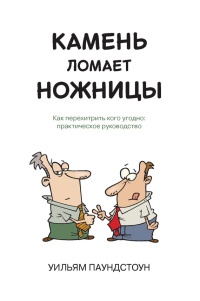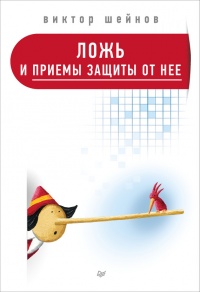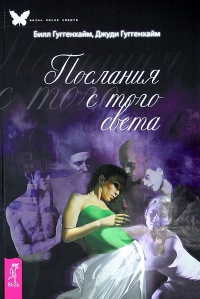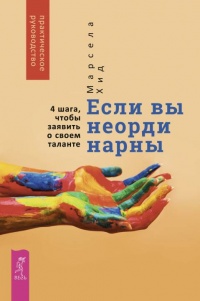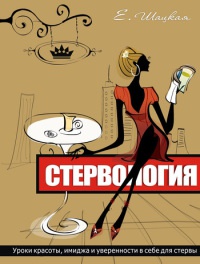Книга Голова как решето. Зачем включать мозги в эпоху гаджетов и Google - Уильям Паундстоун
На нашем литературном портале можно бесплатно читать книгу Голова как решето. Зачем включать мозги в эпоху гаджетов и Google - Уильям Паундстоун полная версия. Жанр: Книги / Психология. Онлайн библиотека дает возможность прочитать весь текст произведения на мобильном телефоне или десктопе даже без регистрации и СМС подтверждения на нашем сайте онлайн книг knizki.com.
Шрифт:
-
+
Интервал:
-
+
Закладка:
Сделать
Перейти на страницу:
Перейти на страницу:
Внимание!
Сайт сохраняет куки вашего браузера. Вы сможете в любой момент сделать закладку и продолжить прочтение книги «Голова как решето. Зачем включать мозги в эпоху гаджетов и Google - Уильям Паундстоун», после закрытия браузера.
Книги схожие с книгой «Голова как решето. Зачем включать мозги в эпоху гаджетов и Google - Уильям Паундстоун» от автора - Уильям Паундстоун:
Комментарии и отзывы (0) к книге "Голова как решето. Зачем включать мозги в эпоху гаджетов и Google - Уильям Паундстоун"




















